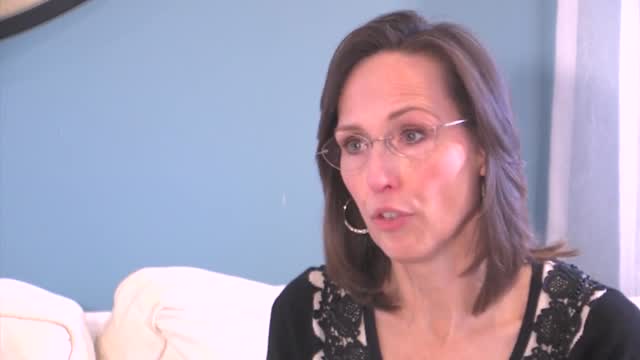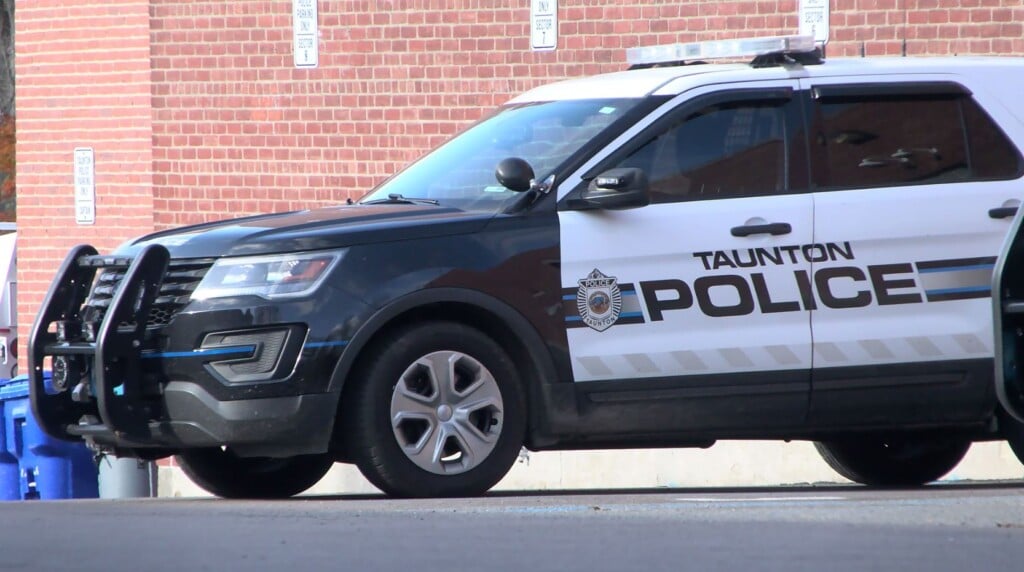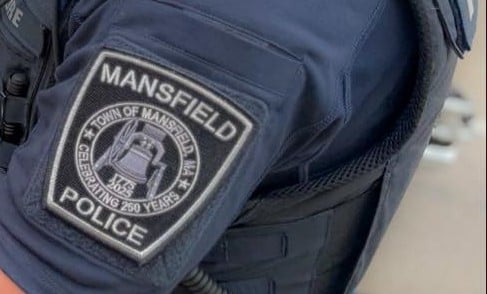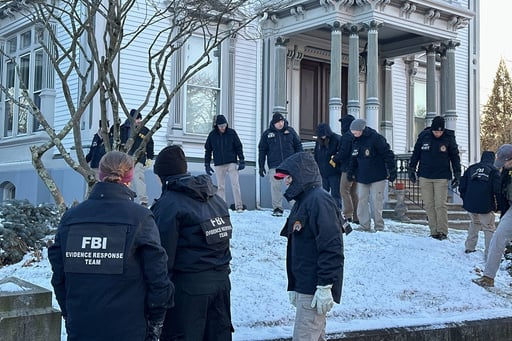Westerly woman makes plea to Congress to support bone marrow transplants
The cancer survivor is asking Congress to invest $5 million, advocating for those in underserved communities.

WESTERLY, RHODE ISLAND (WLNE) –
Today marked three years of being cancer-free for Westerly resident Jennifer Leal, and she’s celebrating by making a plea to congress for $5 million in funding to support bone marrow transplants.
In October 2017, Leal was diagnosed with acute myeloid leukemia. While she immediately began chemotherapy treatment, a relapse soon revealed her best chance at survival would be a stem cell transplant. Working with her doctor, Leal was told by her doctor she was “lucky” to have three matches in the National Marrow Donor Program had been found – not nearly as many as she’d hoped. “When he said, ‘You have three full matches,’ the shock must have shown on my face. The number three, I thought, what a little number.”
Out of those donors, only one was healthy enough to go through with Leal’s life-saving transplant. “It really amazed me. What if I’d only had one? Or what about those people that had none, what would they do?”
Leal soon realized this is the case for many. 70% of those in need of a bone marrow transplant do not have family matches, leaving them solely reliant on donors from the database.
As she learned more about the process, Leal found race and ethnicity plays a large role in donor availability. In fact, the chance at finding a true match is 79% if a recipient is white, but that number quickly drops to 48% for those who are Hispanic or Latino, and only 29% for African Americans.
On March 1st & 2nd, Leal is hoping a virtual fly-in to Congress will help change these statistics. Joining about 20 other recipients, donors and caregivers, the Westerly mother of two will ask Congress to invest five million to bring free cheek swab testing kits that determine a person’s type of bone marrow to underserved communities. This move, she says, would provide quicker access to transplants and expand the National Marrow Donor Program. “We need to increase this funding,” Leal explains. “It enables more access for everyone to get the cellular therapy and to get treatment. You’re saving more lives.”
The funding would also help support travel expenses for donors to get to recipients as well as the treatment itself, things that are many times not covered by insurance and can place a large financial burden on families already struggling both physically and emotionally.
“The health outcomes from someone having one of these diseases should not be based on race, or ethnicity, or not being able to access care. So the additional funding that we’re asking for is going to minimize any of those disparities.”


